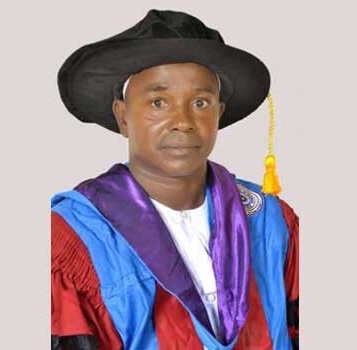On Saturday, 70,608 candidates participated in the 2024 National Common Entrance Examination (NCEE), conducted nationwide, a slight decrease compared to over 72,000 candidates who registered for the exam in 2023.
The Registrar and Chief Executive of the National Examinations Council (NECO), Prof. Ibrahim Dantani Wushishi, revealed these statistics during an inspection of examination centers in the Federal Capital Territory, Abuja.
He was accompanied by the Permanent Secretary of the Federal Ministry of Education, Mrs. Didi Esther Walson-Jack, Chairman of the Senate Committee on Basic and Secondary Education, Senator Lawal Adamu Usman, and other top officials.
Prof. Wushishi noted that this year’s registration saw 33,335 male and over 37,000 female candidates. He attributed the decline in registration to economic challenges faced by many families, especially those in rural areas.
“Economic factors are the most prevalent reason for the lower registration numbers this year,” Wushishi explained. “The slight increase in registration fees, coupled with the current economic situation, has affected many families’ ability to afford the exam.”
Addressing previous concerns about underaged pupils sitting for the exam, Wushishi reported improvements. “We promised to address the issue of underaged candidates, and we’ve made progress. Some children appearing underage are actually on the cusp of the required age limit, missing it by just a month,” he clarified.
Mrs. Walson-Jack praised NECO for their efforts in ensuring a smooth and well-organized examination process. She highlighted that there were 55 examination centers in the FCT, all of which provided conducive environments for the candidates.
Senator Lawal Adamu stated the importance of educational support, mentioning his contribution of over N250 million for NECO and JAMB exam sponsorships in his state. He encouraged fellow National Assembly members to support education in their constituencies.
Data from NECO showed that Lagos had the highest number of candidates at 17,751, followed by the FCT with 10,209 candidates, and Anambra with 4,972 candidates. Bayelsa, Borno, and Gombe recorded the lowest participation, with only 133, 138, and 174 candidates respectively.



